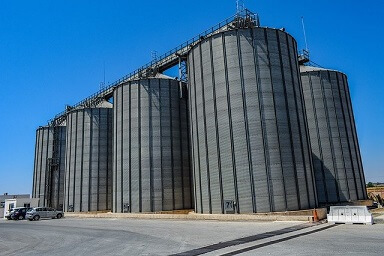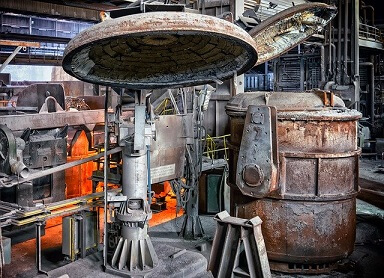Decommissioning Industry
Decommissioning is the process whereby a powerplant, or oil and gas platform is safely removed from service and dismantled without any contamination to the surrounding area. Such processes are undertaken both on and offshore with recent examples being coal powerplants being taken out of service, oil platforms reaching their end of useful life in the North Sea and the decommissioning of Nuclear powerplants such as Sellafield.
Typical processes during decommissioning include:
De-fueling bulk fluids such as hydrocarbons are removed from vessels including lubrication tanks, fuel tanks, cooling ponds, glycol tanks and compressor oil. Pipework and sludges also drained. Some excess fluids are injected into depleted oil and gas reserves, others can be brought back to shore for recycling, reuse or for combustion.
Waste Encapsulation plants
Waste is converted into solid form through dewatering and filtration for reuse or stored long term if derived from nuclear. 
Produced Solids
Removed and disposed of appropriately. Some may be able to be reused in energy to waste plants.
Plugging
Plugging of wells and boreholes, annular spaces, and well refilling.
We can supply pumps to assist with decommissioning with the following features:
ATEX Rated
Crash Frame / Trolley mounted / Skid mounted enabling portability
Wide viscosity range handling for sludges, solids and particles
Full containment of hazardous material
Leakage sensors
Dry Run capability ensuring process seals or damage can not be done during tank emptying
Low NPSH for complete tank emptying.
Reversible to allow tanks to be filled and emptied.
Dry break couplings
Integrated flowmeters to measure the amount of fluid extracted





